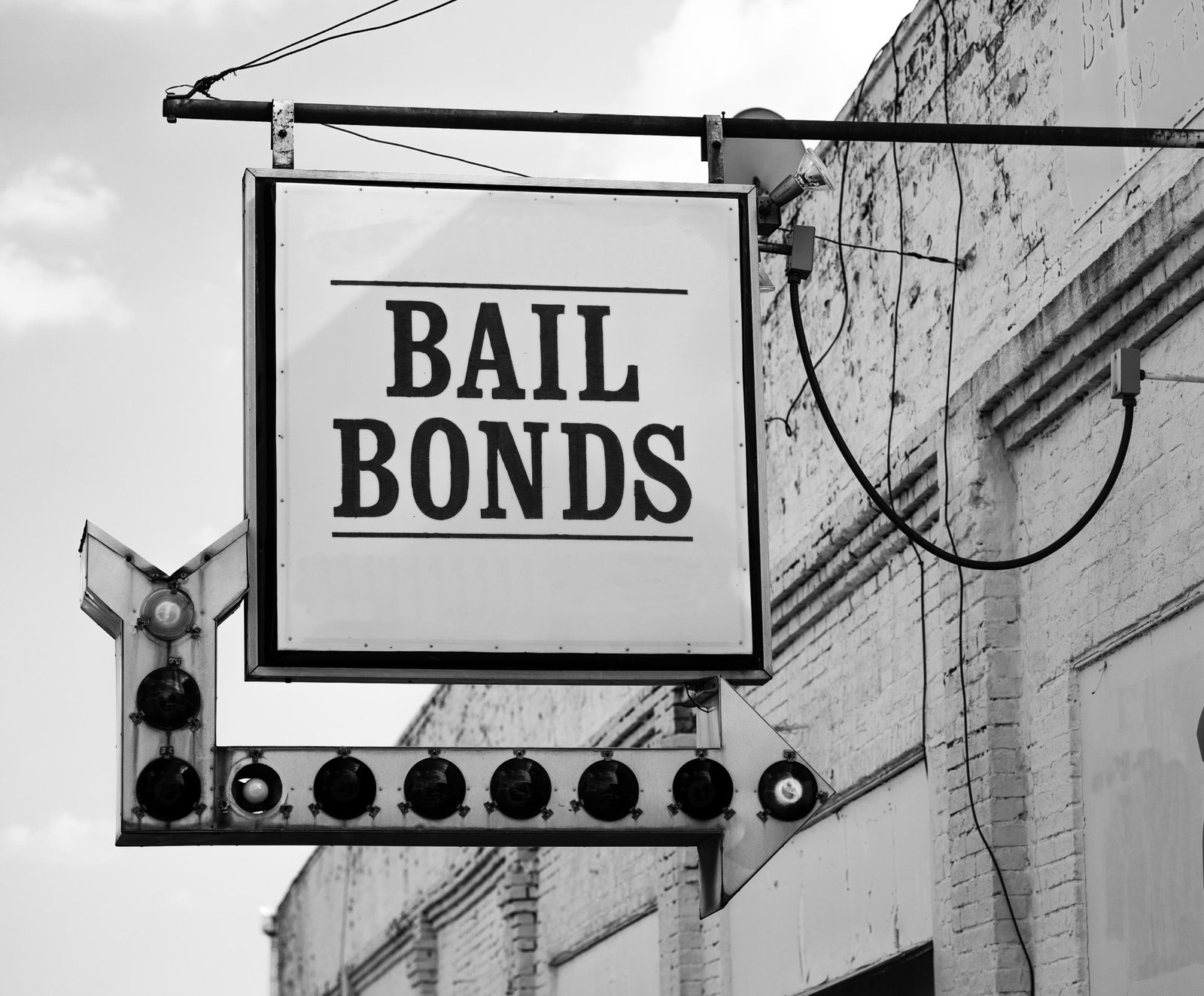Getting arrested can be a scary experience for anyone involved. An arrest doesn’t mean that the person did anything wrong. It could just mean that they were in the wrong place at the wrong time.
By being informed about what happens after an arrest, you can make sure that the release from police custody goes smoothly. Continue reading for a glimpse into the bail bond process in Florida.
Bail Hearings and Bail Amounts
After getting arrested, the defendant is taken to the police station. Their mugshot and fingerprints are taken before they’re transferred to a holding cell. Once the defendant gives their statement, a bail hearing will take place.
At the bail hearing, a judge will determine whether or not the defendant can post bail or wait in jail until the court date. Most crimes are eligible for bail. However, the judge’s ability to grant bail and determine the bail amount depends on the defendant.
The judge will look into the defendant’s age, criminal history, employment status, societal involvement to determine whether they are a flight risk or they are likely to appear in court when deemed necessary.
As long as the defendant meets the conditions of pretrial release, they can prepare for trial in the comfort of their own homes. Bail can get revoked if the defendant fails to uphold their end of the conditions.
If the judge grants a bail release, you may be wondering how to go about posting bail.
Types of Bail Bonds
A bail bond is a type of legal documentation that promises the defendant will appear in court when necessary. There are two types of bail bonds most commonly used in Florida: surety bonds and cash bonds.
A surety bond involves three parties: the defendant (principal), the bail bondsman (surety), and the municipal court (obligee). Florida bail bond laws cap the bail bond premium at 10% for state and 15% for federal cases. The minimum premium would be around $100 for a bail bond under $1,000.
The defendant pays the bail bond premium to the bail bondsman. The bail bondsman ensures that the defendant will return for all of the court appearances. If the defendant misses the court date, any collateral put against the bond is collected and the defendant pays the full amount on the bail bond.
Bail bond premiums are non-refundable. However, showing up for the court dates means that no further fees get added to the bail amount.
A cash bond is generally ideal for lower bond amounts. It makes sense to pay the full amount of bail rather than a small percentage of it if the amount is only a few hundred dollars.
Bail Bond Process in Florida
Getting arrested is scary enough. The bail bond process in Florida doesn’t have to be so intimidating. Understanding the process helps to ease the nerves and points the defendant and their family in the right direction.
If you found this post to be helpful, be sure to check out our other lifestyle-related content for more great information.

